 W
WJaime Felipe José Bosch was a Catalan guitarist and song composer who established himself in Paris.
 W
WRamón Carnicer i Batlle was a Spanish composer and opera conductor, today best known for composing the National Anthem of Chile.
 W
WPau Casals i Defilló, usually known in English by his Spanish name Pablo Casals, was a Catalan cellist, composer, and conductor. He is generally regarded as the pre-eminent cellist of the first half of the 20th century and one of the greatest cellists of all time. He made many recordings throughout his career of solo, chamber, and orchestral music, including some as conductor, but he is perhaps best remembered for the recordings of the Bach Cello Suites he made from 1936 to 1939. He was awarded the Presidential Medal of Freedom in 1963 by President John F. Kennedy.
 W
WFrancisco Casanovas Tallardá was a Spanish conductor, composer, pedagogue, clarinetist, saxophonist and flautist.
 W
WJosé Ferrer Esteve de Fujadas was a Spanish guitarist and composer.
 W
WJuli Garreta i Arboix was a Catalan composer, noted for his sardanes.
 W
WRobert Gerhard i Ottenwaelder was a Spanish Catalan composer and musical scholar and writer, generally known outside Catalonia as Roberto Gerhard.
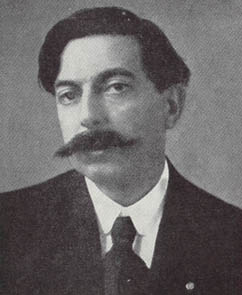 W
WPantaleón Enrique Joaquín Granados Campiña, commonly known as Enrique Granados, was a Spanish pianist and composer of classical music.
 W
WManu Guix is a composer, musical director and Spanish performer. He has been linked to Operación Triunfo since its inception in 2001, and has acted as a coach in every edition of the program. His career began in 1987, at the Municipal Conservatory of Music in Barcelona and he also studied at the Liverpool Institute for Performing Arts.
 W
WJoaquim Homs i Oller was a Spanish composer.
 W
WAndreu Jacob Martinez Foglietti known as Andreu Jacob is a Catalan composer. Andreu Jacob works in such musical genres as classical and contemporary music, jazz, flamenco and other musical styles. He has a wide experience in media, television, studio recordings and movies. Besides he is a gifted multi-instrumentalist musician, producer and arranger.
 W
WJosep Anselm Clavé was a politician, composer and writer, founder of the choral movement in Catalonia and a promoter of the associative movement.
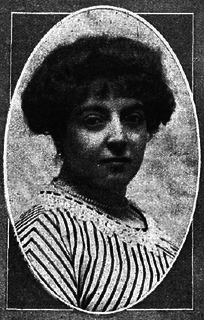 W
WCarme Karr i Alfonsetti was a Spanish Catalan feminist, journalist, writer, musicologist and song-composer.
 W
WJoan Lamote de Grignon i Bocquet, was a Spanish pianist, composer and orchestra director.
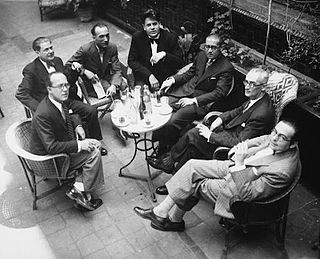 W
WRicard Lamote de Grignon i Ribas, was a Catalan Spanish composer and orchestral conductor.
 W
WLluís Llach i Grande is a Spanish singer-songwriter from Catalonia. He is one of the main representatives of the nova cançó genre and an outspoken advocate of the right to self-determination of Catalonia. His most famous song, "L'Estaca", has become the unofficial anthem of the Catalan independence movement. He was a member of the Catalan Parliament from September 2015 until January 2018.
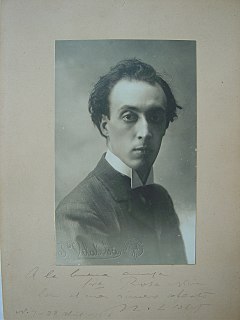 W
WMiguel Llobet Solés was a classical guitarist, born in Barcelona, Spain. Llobet was a renowned virtuoso who toured Europe and America extensively. He made well known arrangements of Catalan folk songs for the solo guitar, made famous arrangements for the guitar of the piano compositions of Isaac Albéniz, arrangements immortalized by Andrés Segovia, and was also the composer of original works.
 W
WJuan Manén was a Spanish violinist and composer, born in Barcelona.
 W
WAntoni Massana i Bertran was a Catalan Jesuit priest and composer. He was maestro de capilla at the Church of the Jesuits, Sagrat Cor de Jesús, at the Col·legi Casp, Barcelona.
 W
WJosep Maria Mestres Quadreny is a Catalan composer.
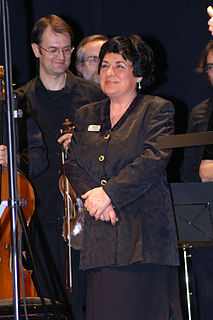 W
WLeonora Milà Romeu is a Catalan pianist and composer.
 W
WTomàs Milans i Godayol was a Catalan composer. He was the son of Marc Antoni Milans i Macià and Marianna Godayol. He was mestre de capella at Girona Cathedral.
 W
WFrederic Mompou Dencausse was a Catalan composer and pianist. He is remembered for his solo piano music and, to a degree, his songs.
 W
WXavier Montsalvatge i Bassols was a Spanish composer and music critic. He was one of the most influential music figures in Catalan music during the latter half of the 20th century.
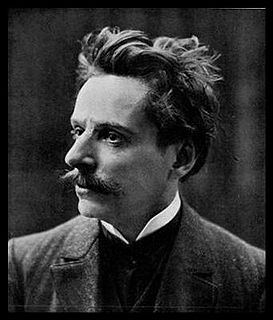 W
WEnric Morera i Viura, was a Spanish musician and composer from Catalonia.
 W
WAntoni Nicolau i Parera was a Catalan composer. He was a student of Juan Bautista Pujol.
 W
WJaime Nunó Roca was a Spanish composer from Catalonia who composed the music for the Mexican national anthem.
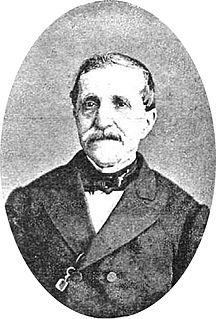 W
WMarià Obiols, also known as Mariano Obiols, was a Catalan composer, conductor, and professor of music. He served as the music director of the Gran Teatre del Liceu in Barcelona from its founding in 1847 until his death. A protégé of Saverio Mercadante, he composed three operas, the cantata Il regio imeneo which inaugurated the Liceu theatre, art songs, chamber music, and several pieces of sacred music. His vocal music was largely Italianate in style, reflecting his years of study in Italy as well as the influence of Mercadante. As a professor at the Conservatori Superior de Música del Liceu, Obiols influenced the development numerous singers, composers, and conductors and wrote books on piano and solfège methods which became standard texts at the conservatory.
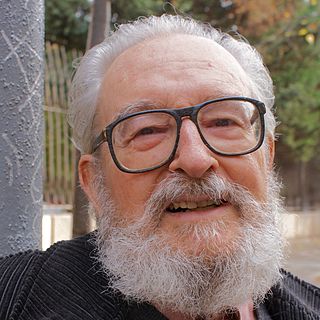 W
WDavid Padrós (1942-2016) was a Catalan composer.
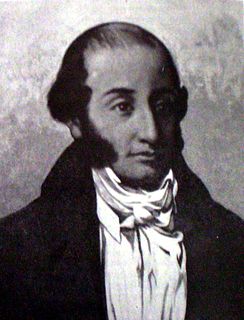 W
WBlas Parera (1777–1840) was a Spanish music composer and teacher. He lived his part of his life in Buenos Aires.
 W
WHèctor Parra i Esteve is a Spanish composer.
 W
WPedro Pubill Calaf, better known as Peret, was a Spanish Romani singer, guitar player and composer of Catalan rumba from Mataró (Barcelona).
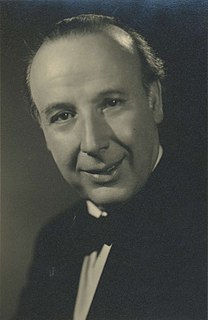 W
WEmilio Pujol Vilarrubí was a Spanish composer, guitarist and a leading teacher of the classical guitar.
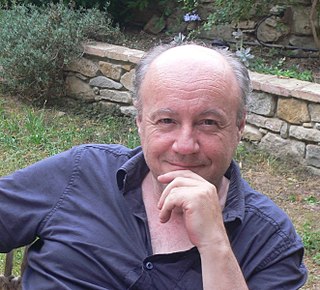 W
WMiquel Roger Casamada was a Spanish Catalan composer and music producer, who began composing in 1977. He founded the Anacrusi record label and produced several records with soloists, chamber ensembles and orchestras, including the Barcelona Symphony Orchestra and National Orchestra of Catalonia.
 W
WJordi Savall i Bernadet is a Catalan conductor and viol player. He has been one of the major figures in the field of Western early music since the 1970s, largely responsible for popularizing the viol family of instruments in contemporary performance and recording. As a historian of early music his repertoire features everything from medieval, Renaissance and Baroque through to the Classical and Romantic periods. He has incorporated non-western musical traditions in his work; including African vernacular music.
 W
WDomènec Terradellas was a Catalan opera composer. The birthdate is sometimes incorrectly given as 1711. Carreras i Bulbena did extensive research in contemporary documents, such as baptismal records, and found that the correct date was 1713. All his works are thoroughly Italian in style.
 W
WEduard Toldrà Soler was a Spanish Catalan conductor and composer.
 W
WManuel Valls i Gorina was a Spanish composer, pianist, music critic, and music educator.
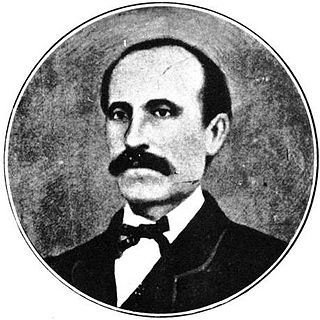 W
WJosé María Ventura Casas, popularly known by Catalans as Pep Ventura, was a Spanish musician and composer who consolidated the long sardana and reformed the cobla, adding instruments to give it its current formation.
 W
WAmadeu Vives i Roig was a Spanish musical composer, creator of over a hundred-stage works. He is best known for Doña Francisquita, which Christopher Webber has praised for its "easy lyricism, fluent orchestration and colourful evocation of 19th Century Madrid—not to mention its memorable vocal and choral writing" characterizes as "without doubt the best known and loved of all his works, one of the few zarzuelas which has 'travelled' abroad".